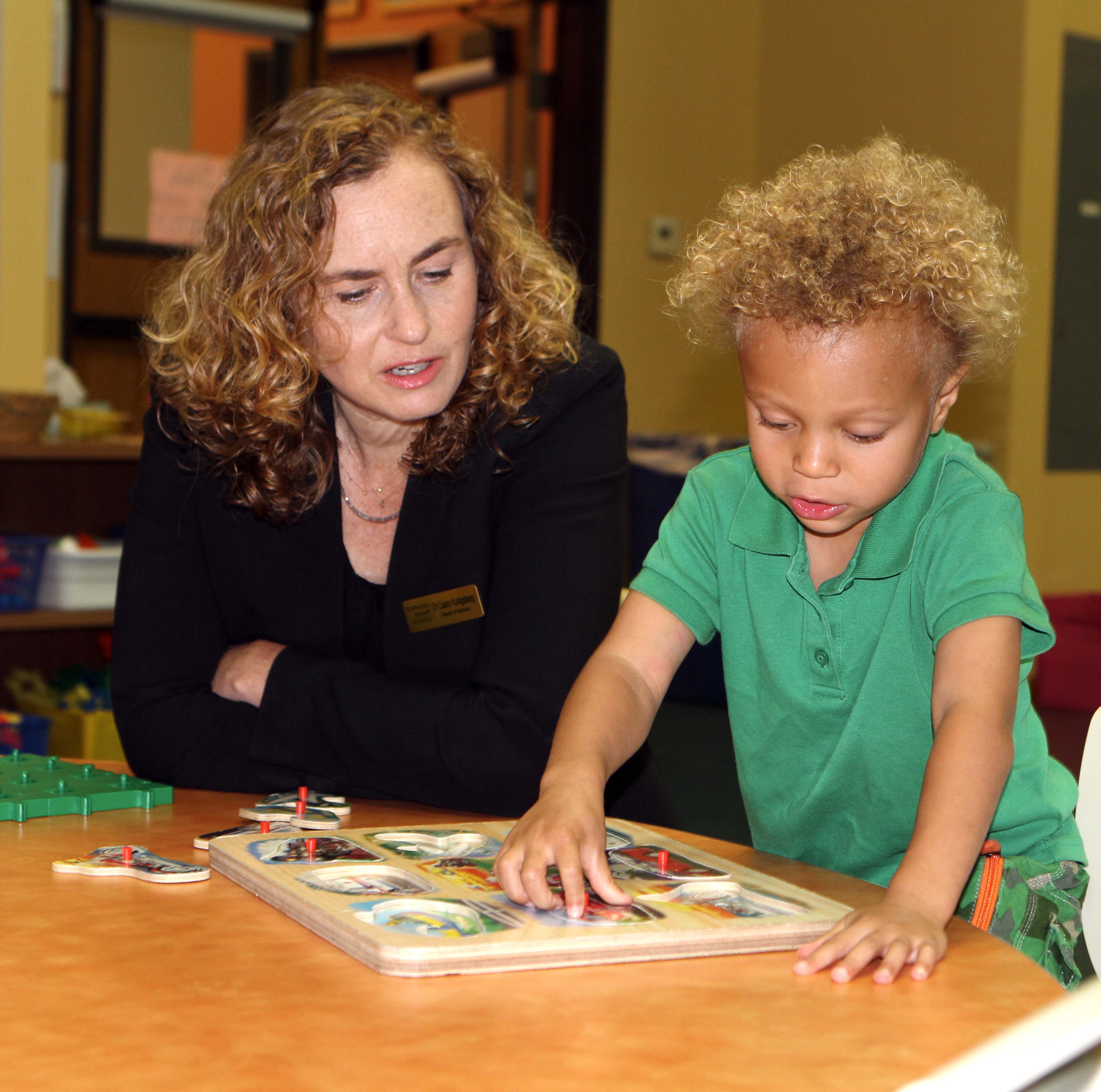Both our youngest and oldest Turning Point students faced big challenges last week. Our new Primary students had their “Phase-In” days, during which our youngest friends incrementally increased their time in the classroom. On Friday, new students were joined by their older Primary friends who are returning as leaders, both socially and academically.
The compelling stages of early childhood development—which makes this a special time for parenting—is fascinating to witness as an educator. These children, and their shifting balance of competence and clumsiness, are endlessly delightful. They are facing and tackling dynamic changes, and it is an honor for us to be part of their journey.
The famous Russian child development psychologist, Lev Vygotsky, believed that children learn best in a carefully constructed social environment. At Turning Point, teachers create an environment where they can devote time and attention to understanding how children think about the world, and how they communicate those thoughts.
Our Primary program makes visible the thinking of children, and helps them find their peak learning zone, or what Vygotsky calls “the proximal zone of development.” In order to reach this zone, teachers need to go beyond caring for children, and also see and understand them as individuals with unique interests, feelings, thoughts, and experiences. It was this very thoughtful and purposeful establishment of initial connection and trust between teacher and student that I had the pleasure to witness during Phase-In. I look forward to watching as these initial connections lay the groundwork for fostering profound learning as the year progresses.
At the other side of the developmental spectrum, our Middle School students—who experience similar challenges around independence, rapid neurological growth, and the acquisition of mastery—experienced their own age-appropriate program last week. Each year, before immersing themselves in academics, students take a three-day camping trip, where they enjoy time to bond, try new things, and make friends. As we know, when children approach adolescence, changes in their brains involved in regulating emotion instigate novelty-seeking, risk-taking, and more emphasis on peer relationships. Evolutionarily, these adaptive behaviors helped propel young people out of their tribes and into the unfamiliar, uncomfortable world. It is the time in children’s lives of activating creativity, courage, and purpose.
These traits were on display in the activities at WOLF Camp: archery, talent show, ropes courses, trust games, hiking, night tag, and informal hanging-out time. We know that developing mastery and competence in social and emotional relationships lays a foundation upon which we can layer our excellent academic program. Learning happens when students feel comfortable. The adolescent proximal zone of development looks different from those of our preschool-age friends, but our Middle School students also benefit when teachers and friends know them well, can understand their emotional passions, their desire for novelty, and pushing of boundaries.
At Turning Point, we honor children in these profound developmental stages, as well as the period in between when they are making important synaptic connections, testing their relationships, and growing as unique individuals. We leverage each crucial stage to bring out the best in our students and to foster successful learning and development—academically, socially, and emotionally.
I look forward to continuing this shared journey with our students, teachers, and parents over the course of the weeks and months ahead. We cannot predict the exact journey each child will take, but we know the path we have created at Turning Point provides them with a true direction for positive growth.
All best,
![]()
Dr. Laura Konigsberg
Head of School



































